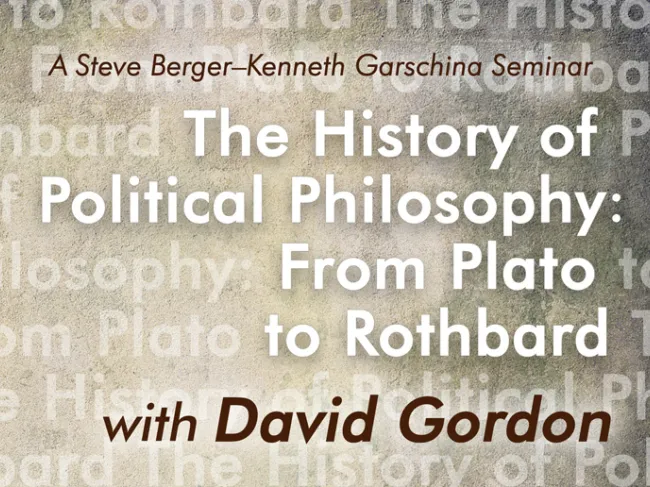7. Immanuel Kant and G.W.F. Hegel

Immanuel Kant, 1724-1804, was called the most evil person by Ayn Rand. Kant had rules for everything. His views on religion were unorthodox.
His classical republican theory was extended in the Science of Right, the first part of the Metaphysics of Morals (1797).
He was very influenced by Rousseau. He felt he was modifying Plato when he sought what could be universalized. In regards to property, he had quite libertarian views.
In Perpetual Peace: A Philosophical Sketch, Kant listed several conditions that he thought necessary for ending wars and creating a lasting peace. They included a world of constitutional republics. He was extremely critical of war and colonialism. He wanted a federation, not a global government. However, he thought that resistance, e.g. revolution, to the state is never justifiable.
G.W.F. Hegel, 1770-1831, was definitely not a classical liberal. Arthur Schopenhauer had nothing positive to say about him. Hegel’s general philosophy was difficult to understand. Elements of the Philosophy of Right, his political philosophy, published in 1820, made the distinction between civil society and state. Yet, Hegel’s distinctions as to what he meant by civil society are often unclear.
Abstract right was a concept of Hegel’s that did align with classical liberalism. He favored property rights. But, the state could overrule these. In the section on personal morality in Philosophy of Right Hegel is criticizing Kant. Hegel felt war was sometimes necessary. He considered a monarchy to be the best state.
Lecture 7 of 10 from David Gordon’s The History of Politcal Philosophy: From Plato to Rothbard.

